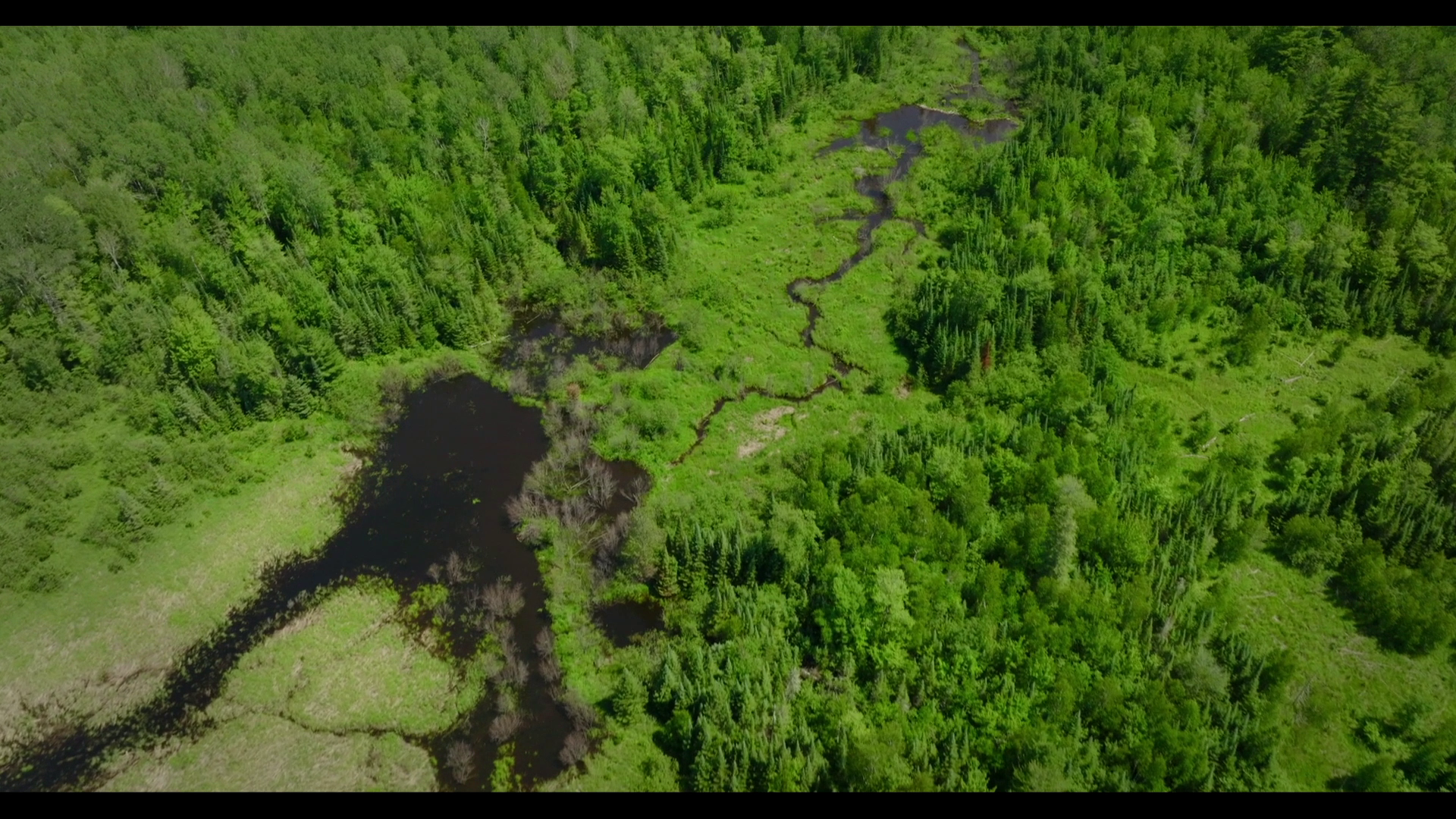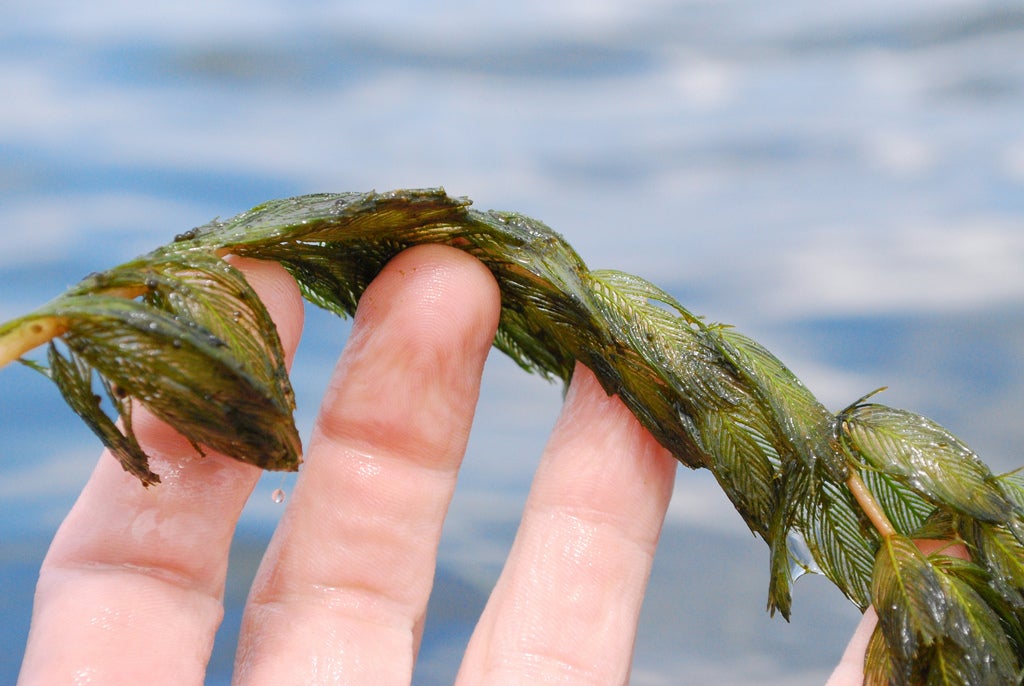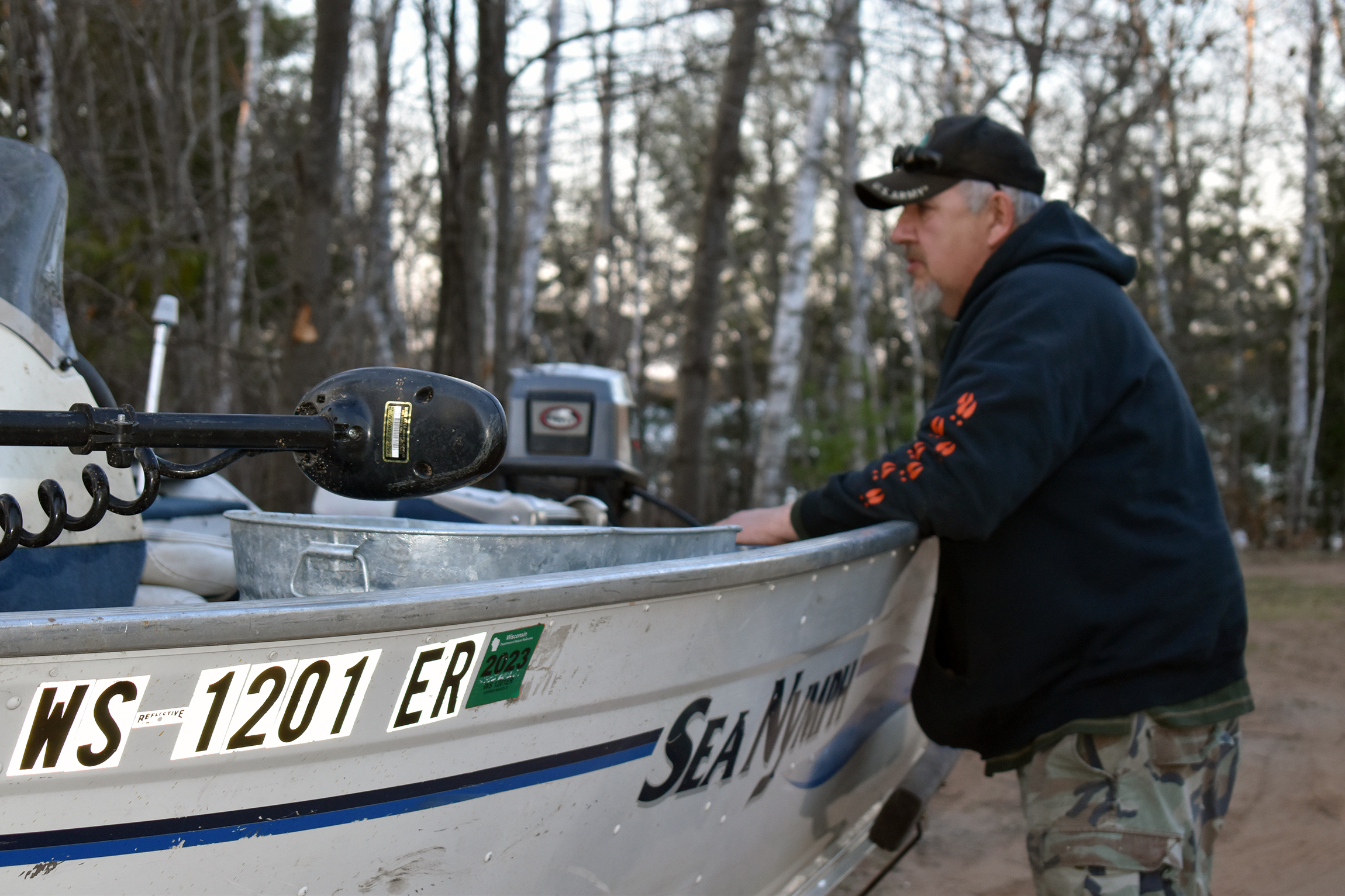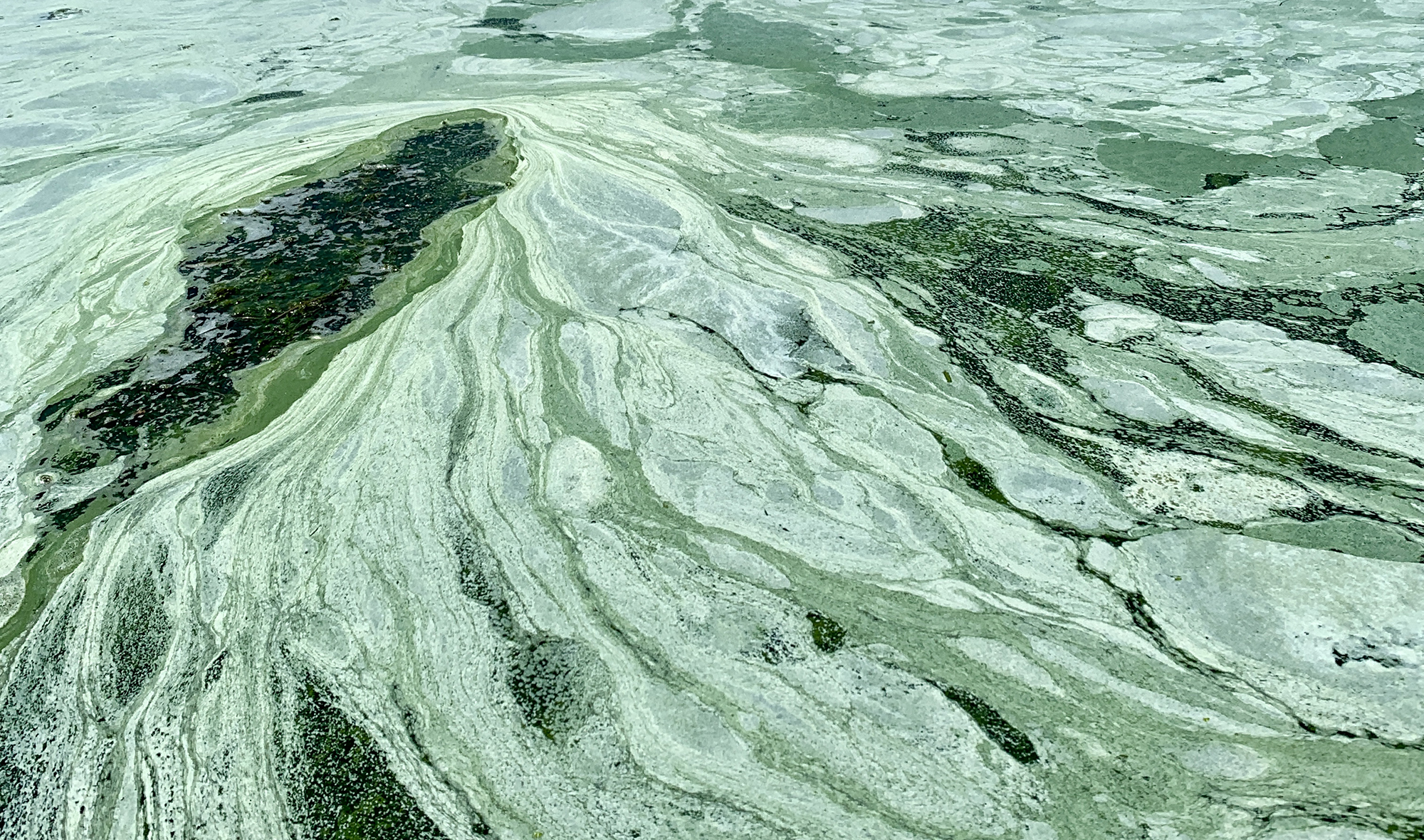An advocate for Clean Wisconsin discusses how a recent Supreme Court ruling curtailing wetland protections may impact Wisconsin. Researchers from UW-Madison say invasive species cause algae blooms to surface earlier and earlier. We speak with a bacteriologist on how to clean up lakes in Wisconsin.
Featured in this Show
-
What a US Supreme Court ruling could mean for wetland protections
Last week, the U.S. Supreme Court curtailed the Environmental Protection Agency’s ability to protect wetlands from development and pollution. An attorney with Clean Wisconsin explains what the ruling means for water quality in Wisconsin and the United States.
-
Earlier spring algae blooms tied to tiny invasive species, UW-Madison researchers say
Toxic blue-green algae is blooming on lakes months earlier than in previous years. UW-Madison scientists studying Lake Mendota think that’s a lingering result of infestations of tiny invasive species, zebra mussels and spiny water fleas. One of the researchers joins us.
Episode Credits
- Kate Archer Kent Host
- Joe Tarr Producer
- Joel Patenaude Producer
- A. Emily Ralph Technical Director
- Evan Feinauer Guest
- Trina McMahon Guest
Wisconsin Public Radio, © Copyright 2025, Board of Regents of the University of Wisconsin System and Wisconsin Educational Communications Board.




